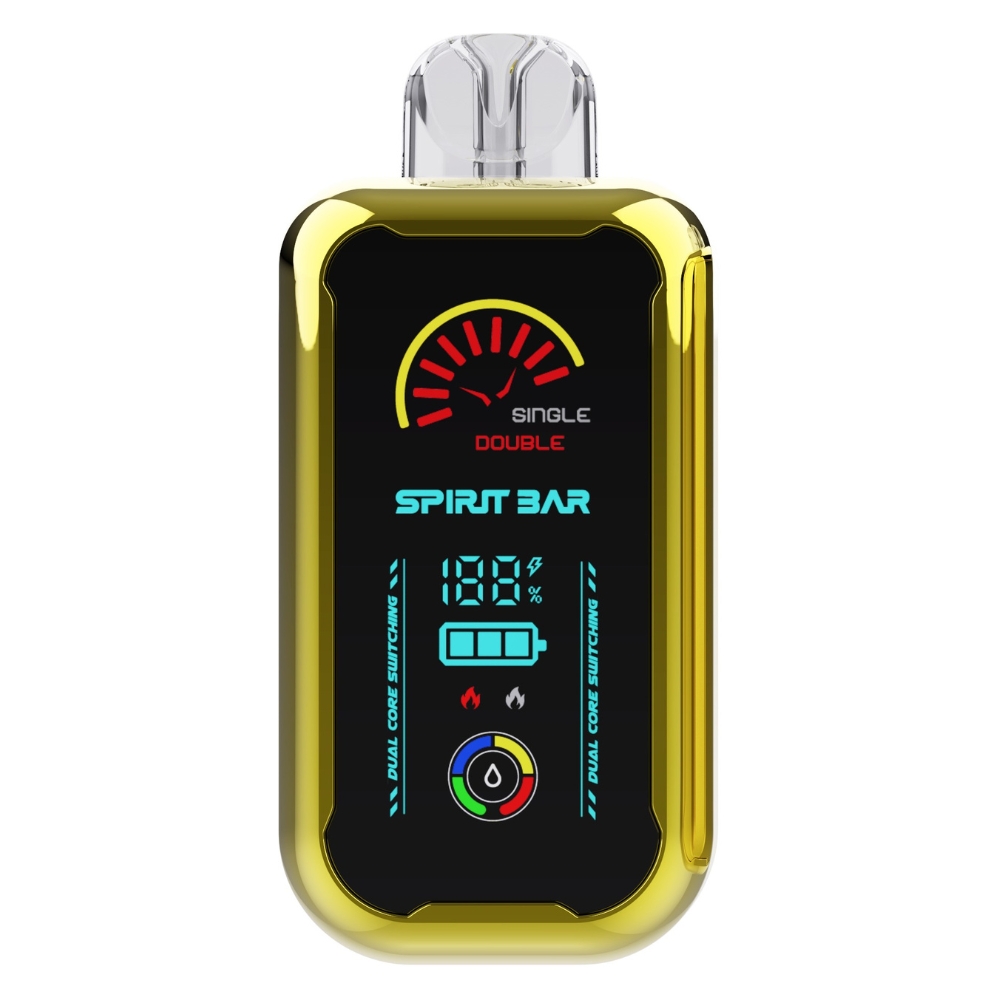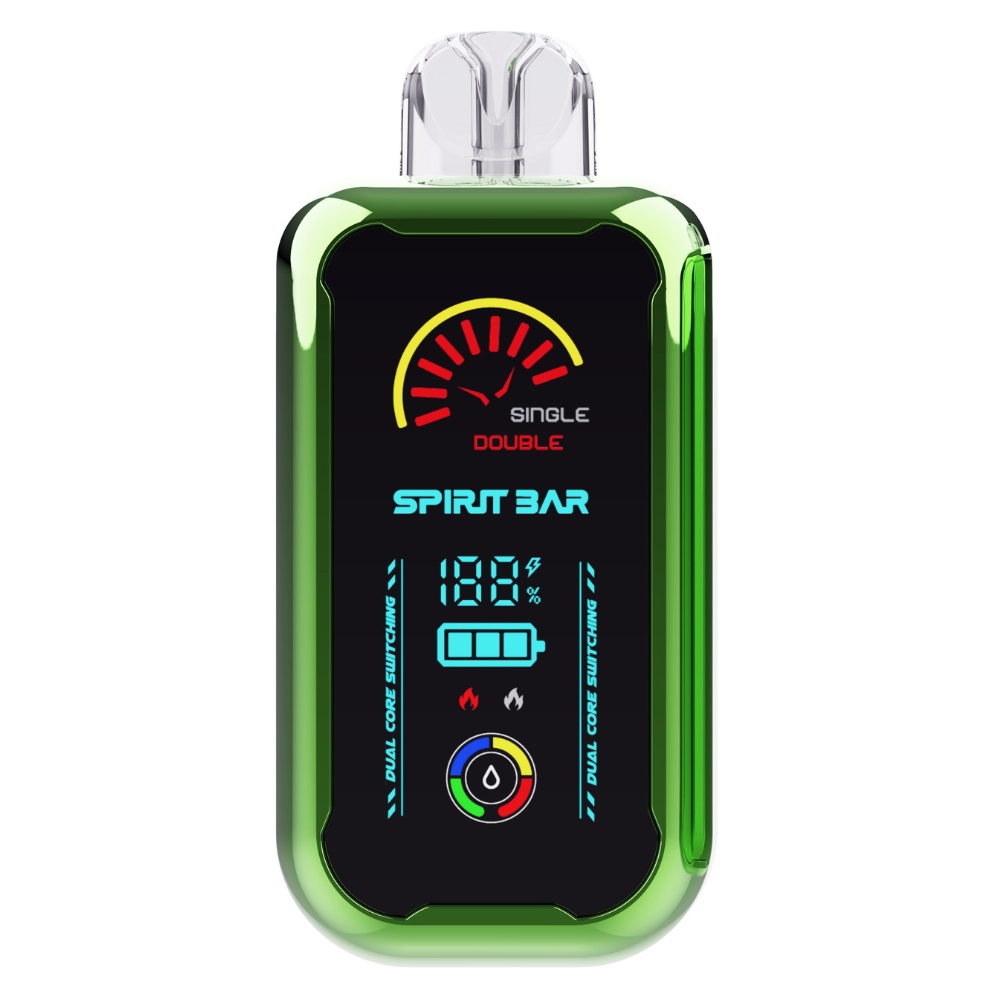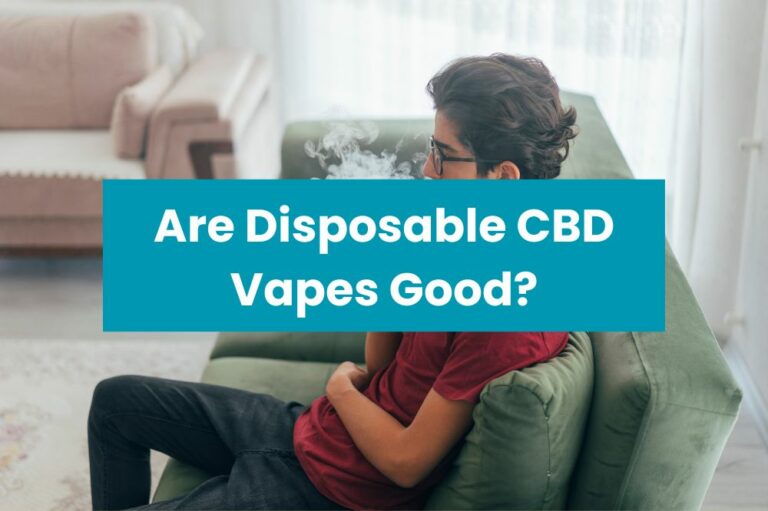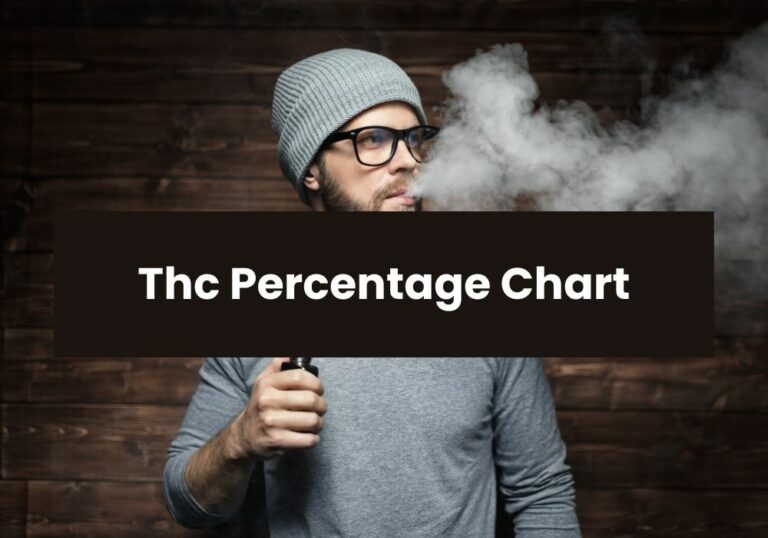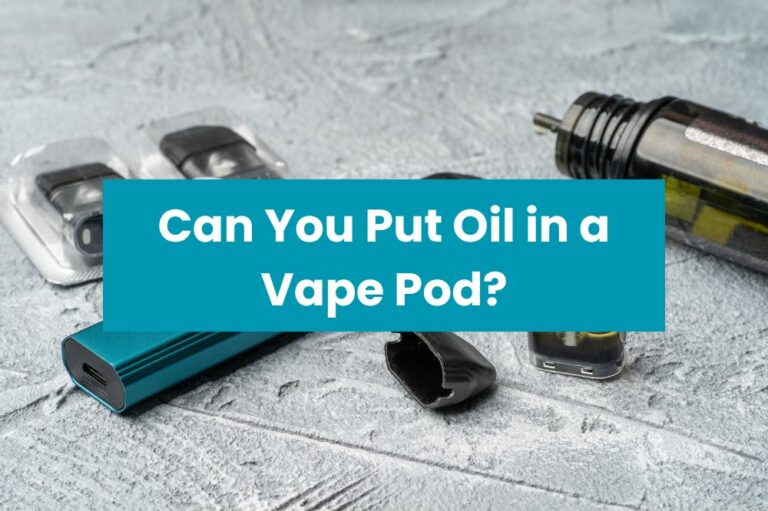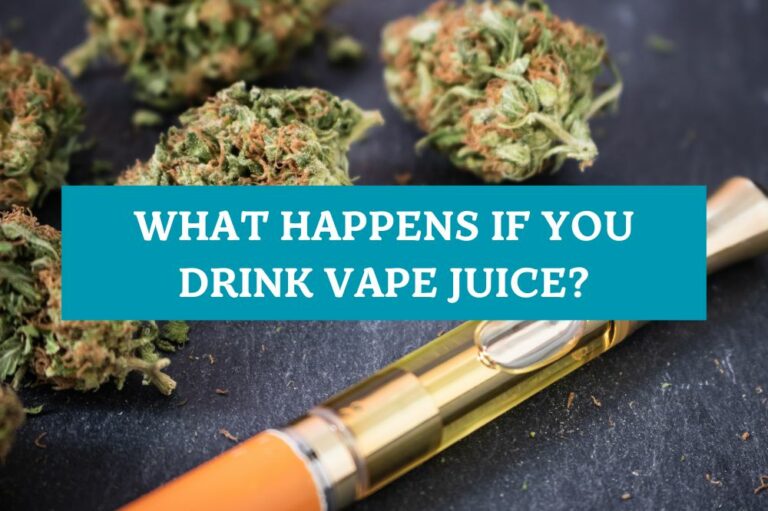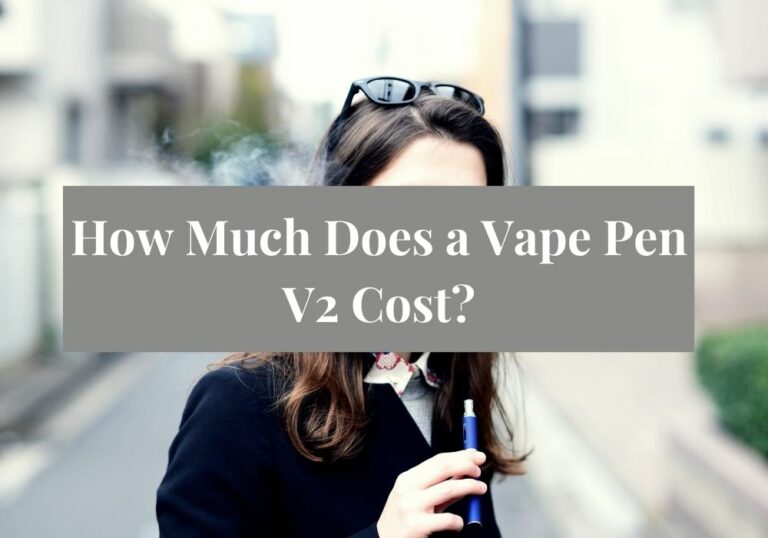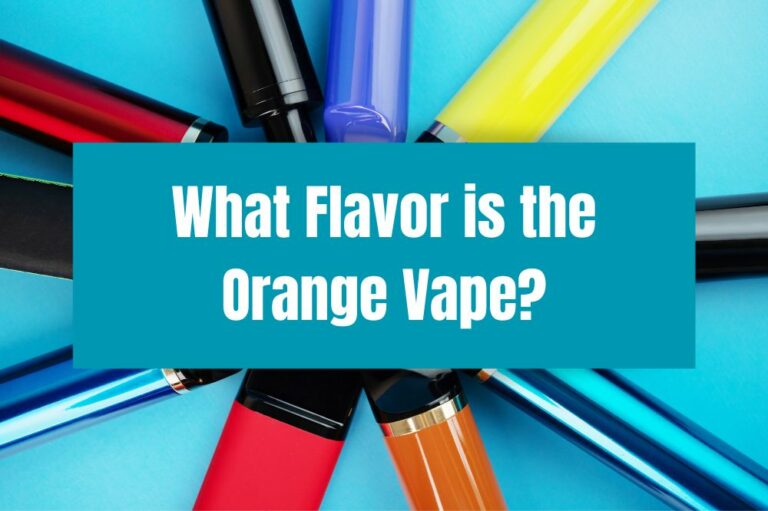What is the CA Law for Vapes?
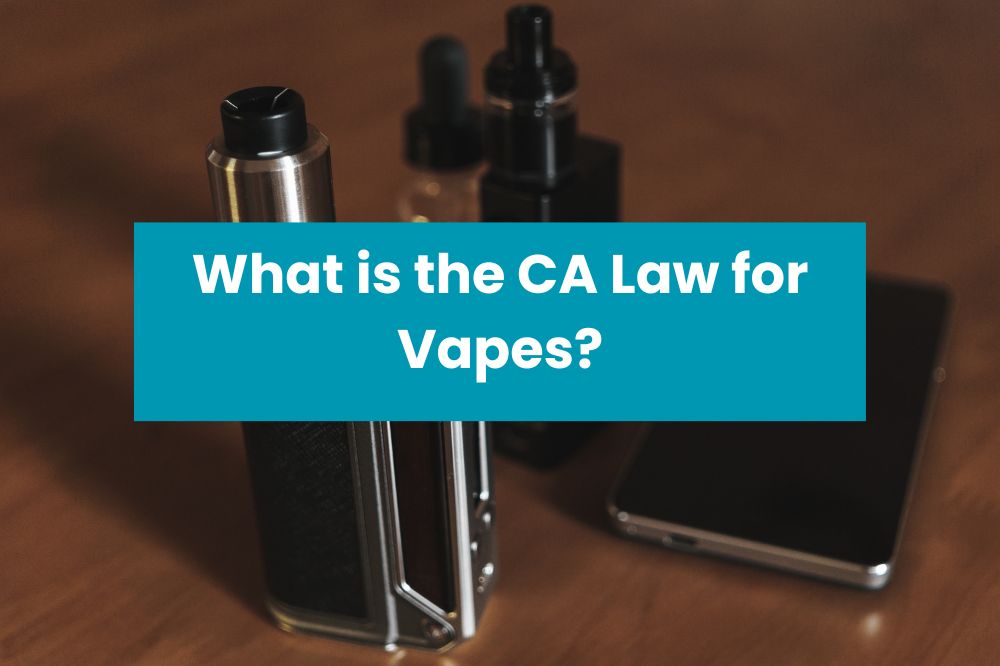
If you’re a vaper in California, you may be wondering about the laws surrounding vaping. California has some of the strictest vaping laws in the country, aimed at reducing the use of e-cigarettes and other vaping products among youth. In 2020, the state passed a law prohibiting the sale of most flavored tobacco products, including flavored e-cigarettes and menthol cigarettes, as well as tobacco product flavor enhancers in retail locations, including stores and vending machines.
In addition to the flavored tobacco ban, California also has a law regulating electronic cigarettes. According to the Public Health Law Center, electronic cigarettes are defined as “any device or delivery system sold in combination with nicotine which can be used to deliver to a person nicotine in aerosolized or vaporized form, including, but not limited to, an e-cigarette, e-cigar, e-pipe, vape pen, or e-hookah [including] any component, part, or accessory of such a device that is used during the operation of the device.” The law prohibits the sale of electronic cigarettes to minors and requires retailers to obtain a license to sell tobacco products.
If you’re a vaper in California, it’s important to be aware of the state’s laws and regulations surrounding vaping. Violating these laws can result in fines and other penalties. Keep in mind that laws and regulations can change, so it’s a good idea to stay up-to-date on any updates or changes to California’s vaping laws.
Understanding Vapes
If you are new to vaping or are curious about California’s laws on vaping, it’s important to understand what vapes are and how they work.
Vapes, also known as e-cigarettes, are electronic devices that heat a liquid (usually containing nicotine) into an aerosol that the user inhales. This process is called vaping. The liquid used in vapes is often referred to as e-juice or vape juice, and it comes in a variety of flavors.
While some people use vapes as a way to quit smoking traditional cigarettes, others use them recreationally. Vapes have become increasingly popular in recent years, especially among young people.
In California, there are several laws and regulations regarding vapes. For example, the minimum age to purchase and use a vape is 21 years old. Additionally, flavored tobacco products, including vape juice, are banned in California.
It’s important to note that not all vapes are created equal. Some vapes are disposable, while others are rechargeable and can be refilled with e-juice. Some vapes are designed to look like traditional cigarettes, while others are more discreet.
If you are considering using a vape, it’s important to do your research and make an informed decision. Be sure to read the instructions carefully and follow all safety precautions. And remember, vaping is not without its risks, so it’s important to weigh the potential benefits against the potential harms.
CA Law Overview
If you’re a vaper in California, it’s important to know the laws and regulations that apply to you. Here’s a brief overview of the current CA law for vapes:
Where You Can’t Vape
In California, it is illegal to use vapes in most indoor public places, including workplaces, bars, restaurants, and other public areas [1]. This ban also applies to many outdoor areas, including parks and beaches. Additionally, many cities in California have their own local vaping laws, so it’s important to check local regulations as well.
Flavored Vape Ban
In 2022, the Supreme Court upheld California’s ban on the sale of most flavored tobacco products, including flavored vapes [5]. This means that it is illegal to sell flavored vapes in California, although it is still legal to use them.
Age Restrictions
In California, the legal age to purchase and use vapes is 21 [1]. Retailers are required to verify the age of customers before selling vaping products.
Licensing and Legal Requirements
Retailers and manufacturers of vaping products in California are required to have a license and comply with various legal requirements [4]. This includes regulations on packaging and marketing of vaping devices.
Public Place Vaping Restrictions
In addition to the ban on indoor public vaping, there are also restrictions on vaping in outdoor public places in California [1]. For example, vaping is prohibited within 25 feet of a playground or tot lot sandbox area.
Overall, it’s important to be aware of the laws and regulations around vaping in California to avoid any legal issues.
Age Restrictions
If you’re a vaper in California, it’s important to know the age restrictions for vaping. Here are the key points you need to know:
Minimum Age Requirement
The minimum age requirement for vaping in California is 21 years old. This means that you cannot legally purchase or use a vape if you are under 21 years old. The only exception to this rule is for active duty military personnel, who are allowed to purchase and use vapes at 18 years old.
Penalties for Underage Vaping
If you are caught vaping underage in California, there are penalties you may face. The first offense can result in a fine of up to $100, while subsequent offenses can result in fines of up to $500. In addition, the court may require you to attend a tobacco education program or perform community service.
It’s also worth noting that retailers who sell vapes to underage individuals can face penalties, including fines and suspension or revocation of their business license.
Overall, it’s important to follow California’s age restrictions for vaping to avoid penalties and stay safe.
Sales Regulations
If you plan on selling vapes in California, there are a few regulations you need to be aware of. This section will cover the licensing requirements and online sales regulations.
Licensing Requirements
In California, you need a license to sell tobacco products, including vapes. The license is issued by the California Department of Tax and Fee Administration (CDTFA). You can apply for a license online or by mail.
To apply for a license, you’ll need to provide some basic information about your business, such as your business name and address. You’ll also need to provide information about the owner of the business and any employees who will be selling tobacco products.
Once you have your license, you’ll need to renew it every year. The renewal fee is $265, and you’ll need to submit a renewal application by the expiration date on your license.
Online Sales
If you plan on selling vapes online to customers in California, you need to be aware of the state’s online sales regulations. California law requires that all online sellers of tobacco products, including vapes, be licensed by the CDTFA.
In addition to the licensing requirement, there are other regulations you need to follow as an online seller. For example, you must verify the age of your customers before selling to them. You can do this by requiring customers to provide a valid ID or by using a third-party age verification service.
You also need to make sure you’re not selling to customers in areas where vapes are prohibited. For example, some cities in California have banned the sale of flavored vapes.
Overall, if you plan on selling vapes in California, it’s important to make sure you’re following all of the state’s regulations. This will help you avoid fines and other penalties and ensure that your business is operating legally.
Public Use Restrictions
When it comes to vaping in public places in California, there are strict regulations in place. It is illegal to vape or use an e-cigarette device in workplaces, schools, and public places. This includes bars, warehouses, and hotel lobbies [1].
Additionally, California law prohibits the possession or use of electronic cigarettes by wards and inmates in all institutions and camps under the jurisdiction of the Department of the Youth Authority [2].
Many cities in California have also implemented their own smoking and vaping bans in other locations such as parks, beaches, and outdoor dining areas. If you are unsure whether vaping is allowed in a particular location, it is best to check with local authorities beforehand.
It is important to note that landlords have the right to prohibit smoking and vaping on their residential properties or dwelling units [3]. Therefore, if you are a renter, you should check your lease agreement to see if vaping is allowed in your home.
Overall, it is crucial to follow the regulations and restrictions in place regarding public use of vapes in California. Not only can violating these laws result in fines and penalties, but it can also negatively impact the health and well-being of those around you.
Packaging and Advertising Laws
If you’re a vape manufacturer or retailer in California, it’s important to know the state’s packaging and advertising laws. These laws are designed to protect consumers and prevent youth from accessing vaping products.
Packaging Requirements
Under California law, all vaping products must be sold in child-resistant packaging. This means that the packaging must be difficult for children under five years old to open, and must be designed to prevent accidental ingestion.
In addition to child-resistant packaging, vaping products must also include warning labels. These labels must include the following information:
- A warning that the product contains nicotine
- A warning that nicotine is addictive
- A warning that the product is not safe for use by pregnant women
- A warning that the product is intended for adult use only
Advertising Restrictions
California law also places restrictions on how vaping products can be advertised. For example, it is illegal to advertise vaping products in a way that is likely to appeal to minors. This includes using cartoons, celebrities, or other images that might be attractive to children.
Vaping products cannot be advertised on billboards, or within 1,000 feet of a school or playground. In addition, all advertising must include the following warning label:
- “WARNING: This product contains nicotine. Nicotine is an addictive chemical.”
It’s important to note that these laws apply to all types of vaping products, including e-cigarettes, vape pens, and e-liquids. By following these packaging and advertising laws, you can help ensure that your products are safe and legal for consumers to use.
Taxation and Pricing
If you are a retailer of electronic cigarettes in California, you are required to collect and pay the California Electronic Cigarette Excise Tax (CECET) at the rate of 12.5% of the retail selling price of electronic cigarettes containing or sold with nicotine. This tax applies to both in-state and out-of-state retailers and went into effect on July 1, 2022. [1]
To comply with the CECET, retailers must register for a permit and collect the tax from the purchaser at the time of sale. Retailers are responsible for reporting and paying the tax to the California Department of Tax and Fee Administration (CDTFA) on a monthly basis. [2]
It is important to note that the CECET applies to all electronic cigarettes containing or sold with nicotine, including disposable vape and e-cigarette products. This tax is in addition to the existing wholesale tax on nicotine-containing vape products. [3]
The CECET is intended to discourage the use of electronic cigarettes and promote public health by reducing the number of people who use these products. While the tax may increase the cost of electronic cigarettes, it is important to consider the potential health benefits of reducing the use of these products.
Enforcement and Penalties
If you are caught violating California’s vaping laws, you may face penalties and enforcement actions. Here are some of the possible consequences:
- Fines: You may be fined for violating California’s vaping laws. The exact amount of the fine will depend on the specific violation and other factors.
- Seizure of Products: Law enforcement officials may seize your vaping products if they believe that you are violating California’s vaping laws.
- Suspension or Revocation of License: If you are a retailer or distributor, your license to sell vaping products may be suspended or revoked if you violate California’s vaping laws.
- Criminal Charges: In some cases, you may face criminal charges for violating California’s vaping laws. For example, if you sell vaping products to minors, you may be charged with a misdemeanor.
It is important to note that enforcement of California’s vaping laws may vary depending on the specific jurisdiction. Some cities and counties may have additional restrictions or penalties beyond what is required by state law.
To avoid penalties and enforcement actions, make sure that you are aware of California’s vaping laws and comply with all applicable regulations. If you have any questions or concerns, you may want to consult with a legal professional or contact the relevant regulatory agency for guidance.

